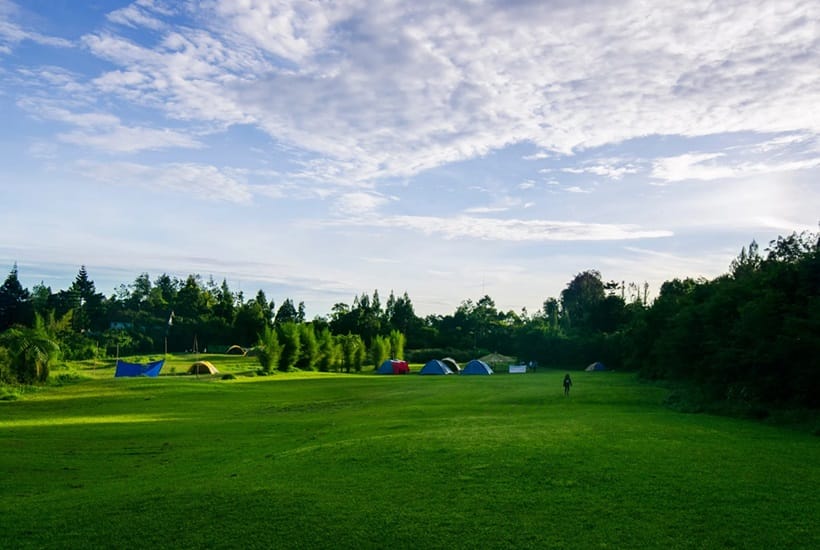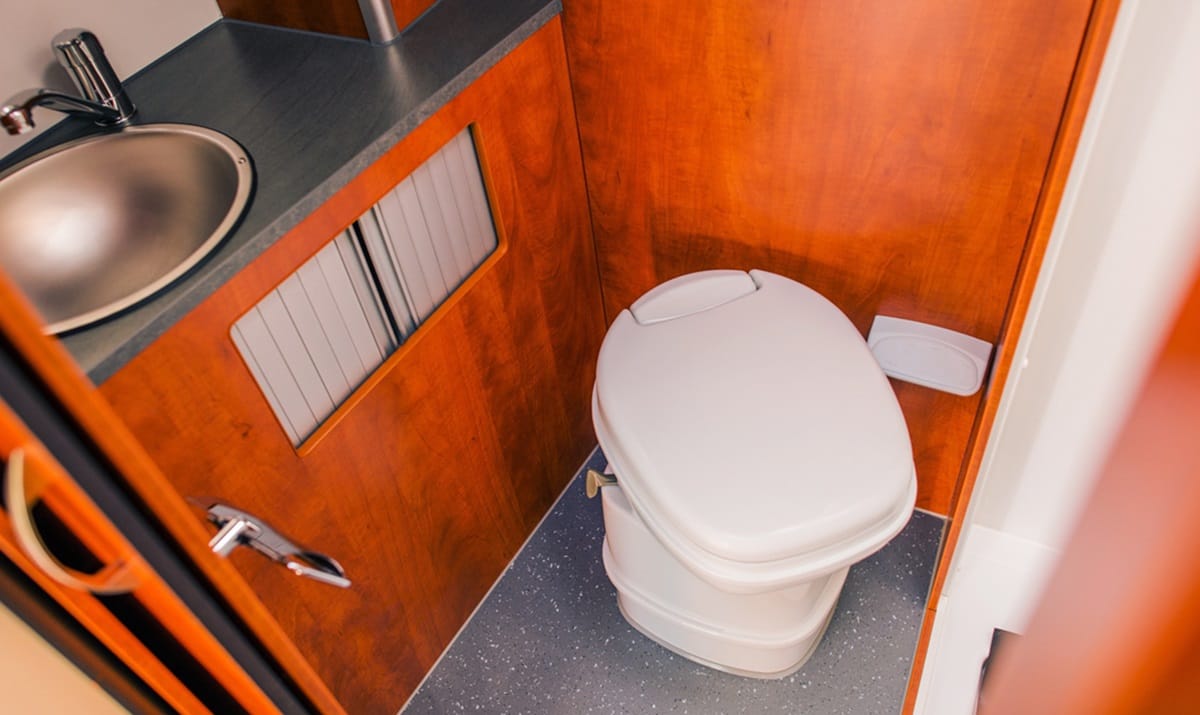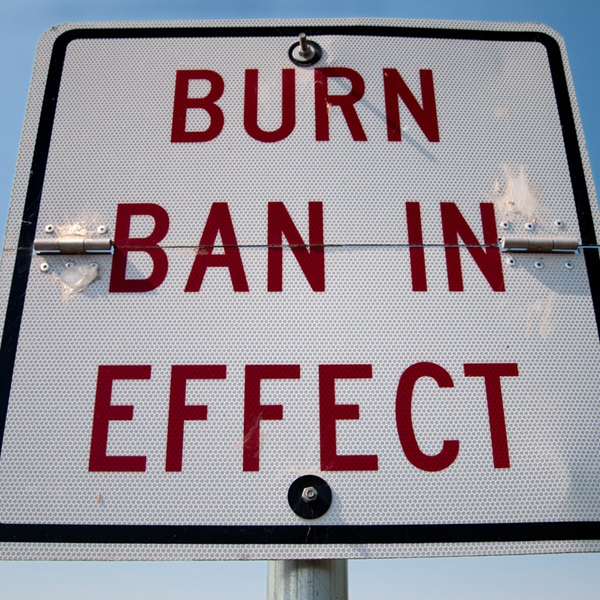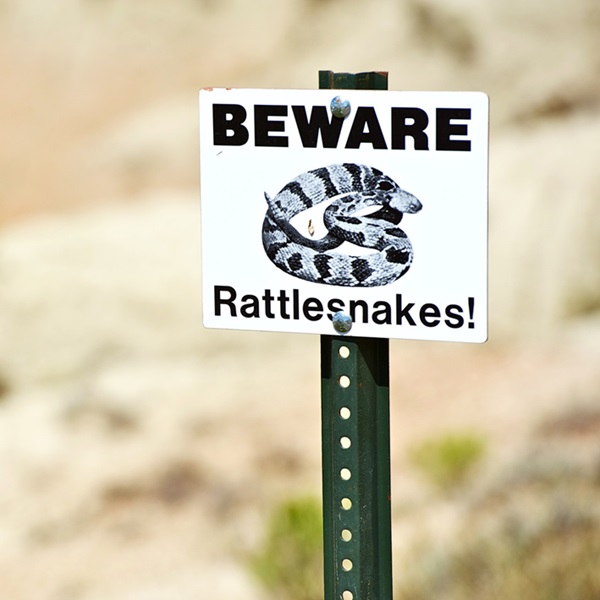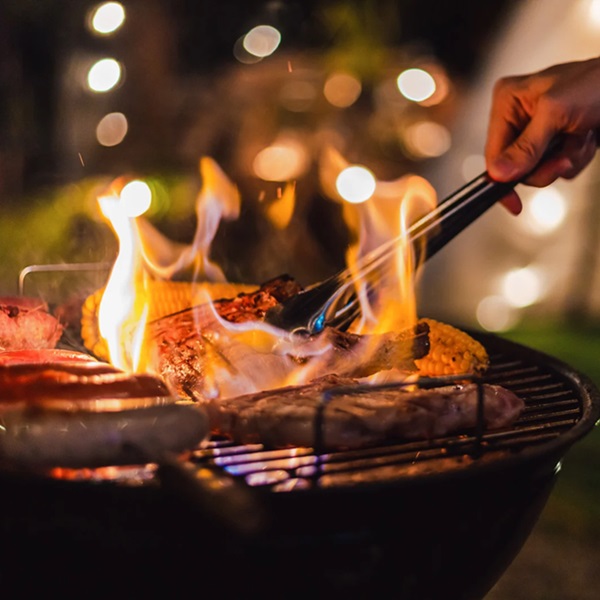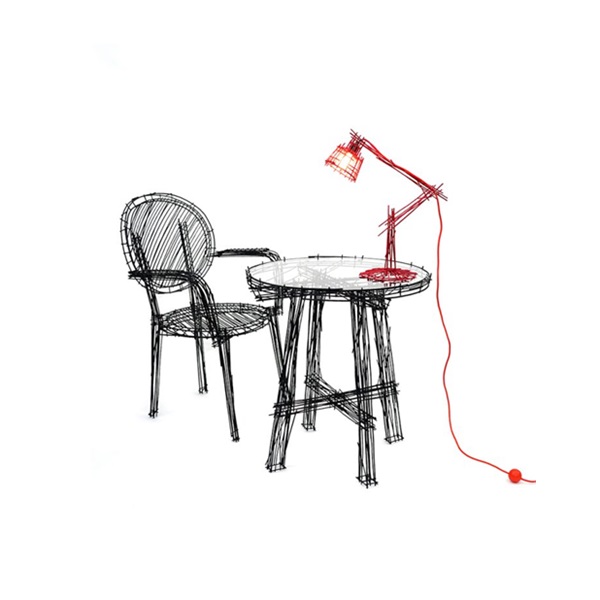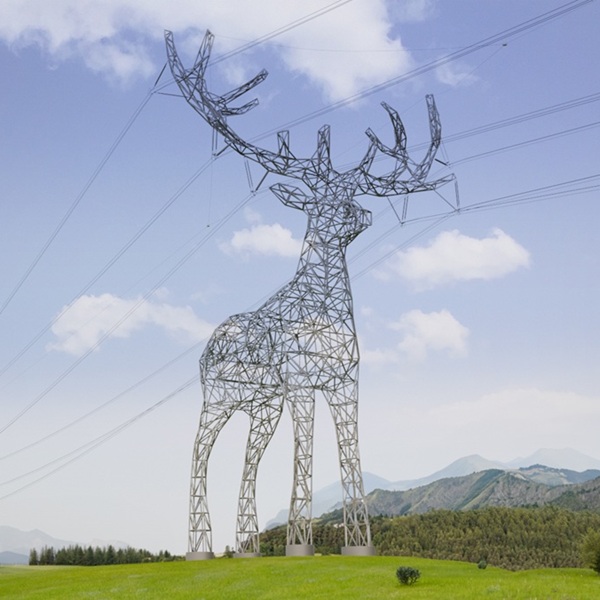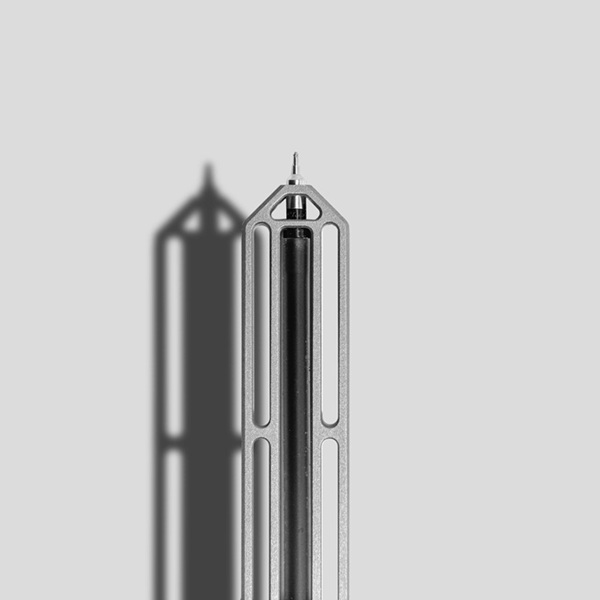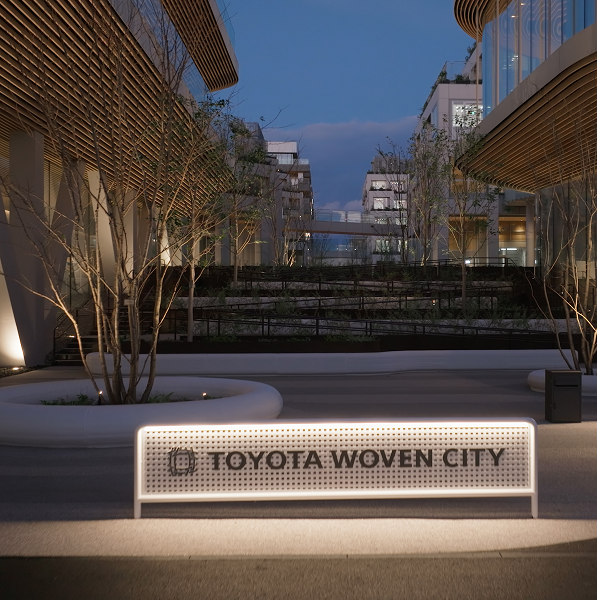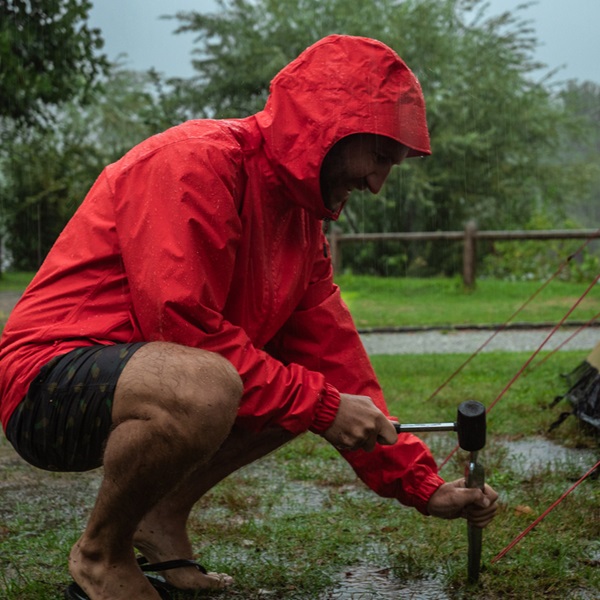
Leaving no trace It is a fundamental principle of responsible outdoor adventurers. In addition, as a camping enthusiast, you should manage blackwater in camping setting. Because improper disposal of blackwater contaminates water sources, harms wildlife, and creates unsanitary conditions.
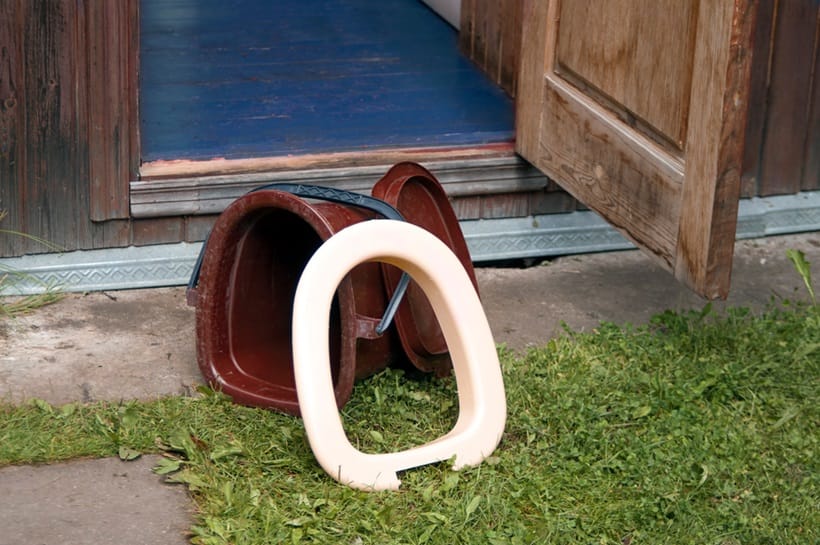
You should note that understanding safe and eco-friendly waste management methods ensures minimal environmental impact. From using designated dump stations to employing biodegradable treatments, responsible disposal is key.
By planning ahead and following proper guidelines, you can protect nature and enjoy the outdoors while handling blackwater in camping setting.
What is Blackwater?
Blackwater refers to wastewater that contains human waste, making it significantly more hazardous than greywater. It comes from toilets and carries bacteria, viruses, and organic matter that can cause contamination if not properly managed.
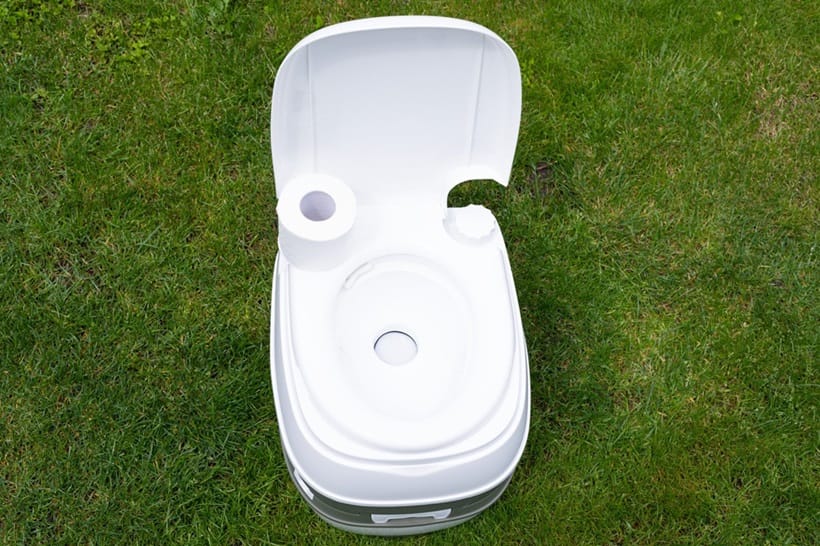
Unlike greywater, which includes relatively clean waste from sinks and showers, blackwater in camping setting requires careful treatment and disposal to prevent environmental and health risks.
When camping, it is important to know about the different sources of wastewater. And, blackwater is one of the most important of wastewater sources. Handling blackwater responsibly is essential to maintaining hygiene and protecting natural ecosystems.
But if you do not know the common sources of blackwater in camping settings, you cannot protect the environment. Below you can find a list of blackwater sources:
- RV or portable toilets
- Cassette toilets
- Composting toilets
- Pit latrines
Why It Matters?
Enjoy your life. Why bother, right? But you should mind your environment even if you are seizing your days. Proper wastewater management while camping is essential for protecting the environment, wildlife, your health, and the health of fellow campers’ .
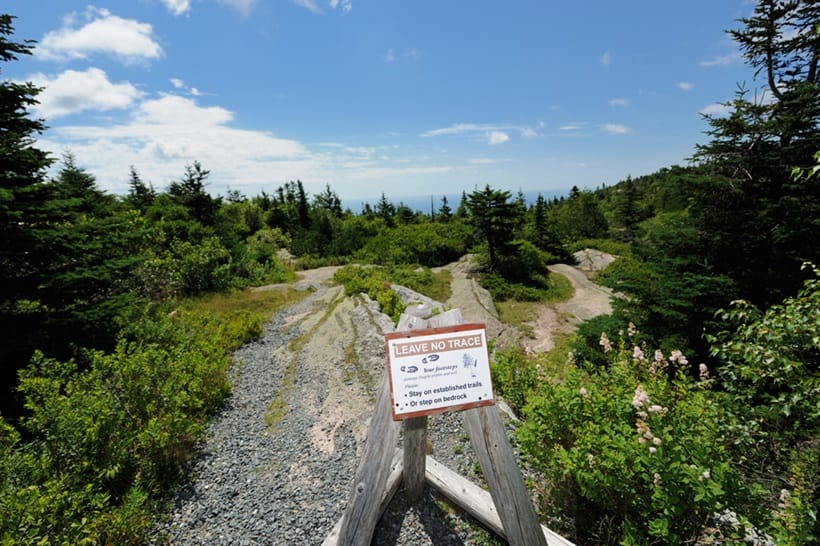
Blackwater contains harmful bacteria and pathogens that can contaminate both soil and water sources if you do not dispose of your water properly. You should also know that poor handling can lead to unpleasant odors, attract pests, and create serious health risks.
If you fail to manage blackwater in camping setting, harmful bacteria, viruses, and parasites can cause serious diseases such as gastrointestinal infection, hepatitis A, giardiasis, cholera, skin, and eye infections.
In conclusion, to protect yourselves and the environment, you should be careful about camping toilet waste disposal!
How to Manage Blackwater While Camping?
As mentioned above, camping does not mean you can act like you are the only person living on this planet. You should check the sources of wastewater management to protect the environment and your health. We have gathered 10 tips for black wastewater management while camping for you:
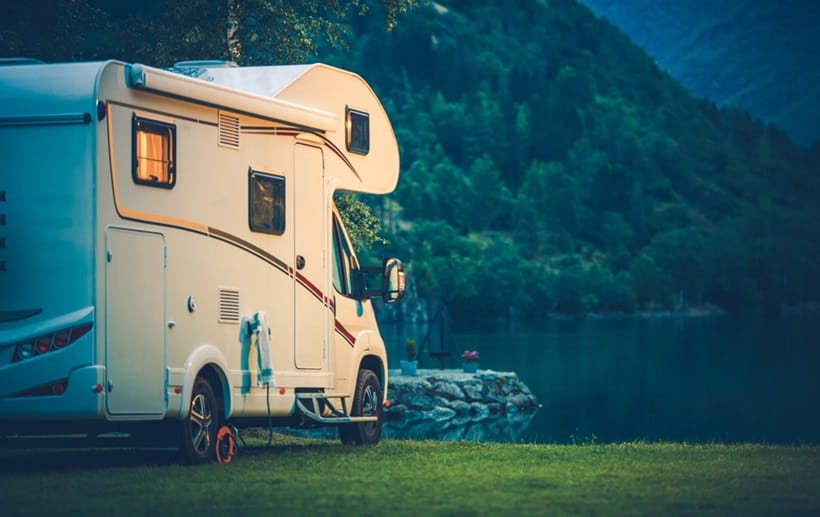
Use a Portable Toilet
A portable toilet is a convenient and sanitary way to collect blackwater while camping. These units are designed to contain waste safely until it can be disposed of at a designated dump station. Many portable toilets come with chemical treatments that help break down waste and control odors. Always empty the tank responsibly to avoid contamination.
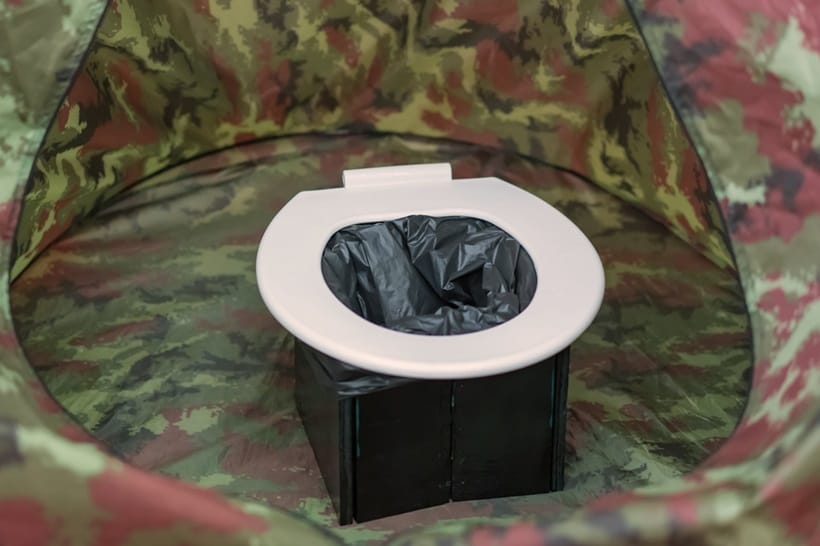
Utilize RV Holding Tanks
RVs come equipped with blackwater holding tanks that store waste until it can be properly disposed of. To prevent clogs and odors, use biodegradable toilet paper and regularly add tank treatments. Always empty the tank at an approved dump station and flush it with clean water to keep it functioning efficiently.
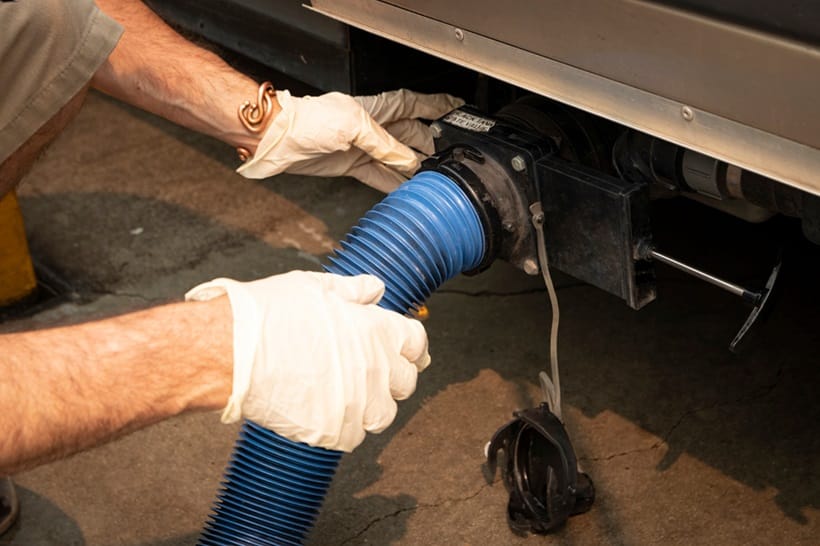
Choose a composting toilet.
Composting toilets offer an eco-friendly solution for blackwater management. Instead of flushing waste into a holding tank, these toilets use organic materials like sawdust or peat moss to break down waste naturally. They eliminate the need for chemicals and significantly reduce water usage, making them a sustainable choice for off-grid camping.
Follow Leave No Trace Principles.
The Leave No Trace principle encourages campers to minimize their environmental impact, including responsible waste disposal. Never dump blackwater into rivers, lakes, or the ground. Always follow local regulations and guidelines to ensure your waste does not harm wildlife or contaminate natural water sources.
Use Biodegradable Waste Digesters
Enzyme-based waste digesters help break down blackwater naturally, making it easier to dispose of. These treatments speed up the decomposition of waste and paper, reducing odors and preventing tank buildup. Look for eco-friendly options that won’t harm the environment when emptied into a proper disposal site.
Empty at Designated Dump Stations
Always dispose of blackwater at an approved dump station. Many campgrounds, RV parks, and rest stops have facilities specifically designed for safe waste disposal. Dumping blackwater in unauthorized locations is illegal and can cause severe environmental damage. Plan ahead to ensure you have access to a proper disposal site.
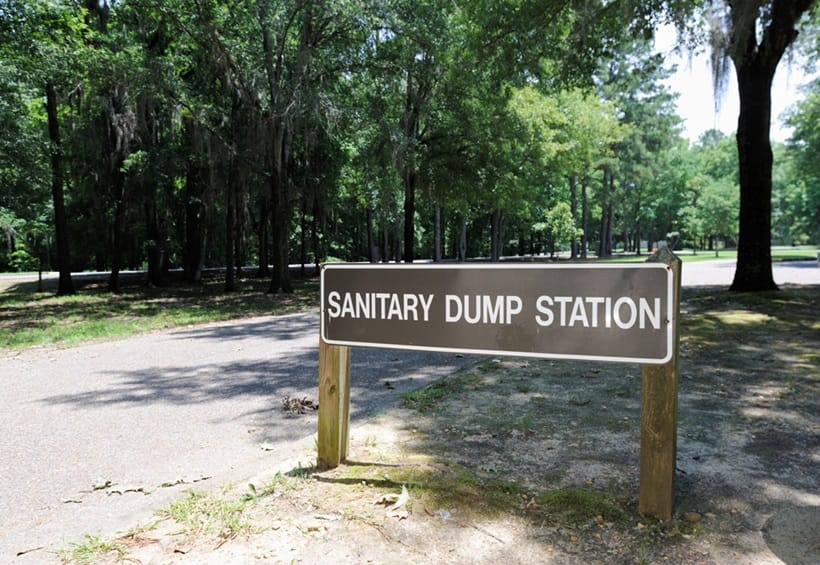
Maintain a Cleaning Routine
Regularly cleaning your portable or RV toilet system helps prevent odors, clogs, and bacteria buildup. Use natural cleaning products or specialized tank cleaners that won’t damage your system. Rinse and sanitize the tank thoroughly after each use to keep it in optimal condition for your next camping trip.
Reduce Blackwater Production
Minimizing blackwater waste can make disposal easier. Consider using public restrooms when available, and limit water usage in RV toilets. Some campers opt for composting or dry toilet systems to reduce liquid waste. The less blackwater you generate, the easier it will be to manage and dispose of responsibly.
Use Proper Protective Gear
Handling blackwater requires caution. Always wear disposable gloves when emptying waste tanks or cleaning toilets. Wash your hands thoroughly afterward and disinfect any surfaces that come into contact with waste. Taking safety precautions prevents the spread of bacteria and protects your health while camping.
Research Local Regulations
Different camping locations have specific rules for blackwater management while camping. Some areas require the use of designated waste disposal methods, while others may have strict bans on certain chemicals. Always check local regulations before your trip to ensure you are following the correct waste management procedures.
By implementing the strategies we shared above, you can responsibly handle blackwater in camping setting. It is not difficult to protect the environment and your health if you do not ignore the ways to handle your waste. It is possible to have an enjoyable outdoor experience for everyone.
Lastly, do not forget to inform your fellow campers about blackwater management while camping!
